ERT1 TV Shows
114 shows • Page 6 of 6
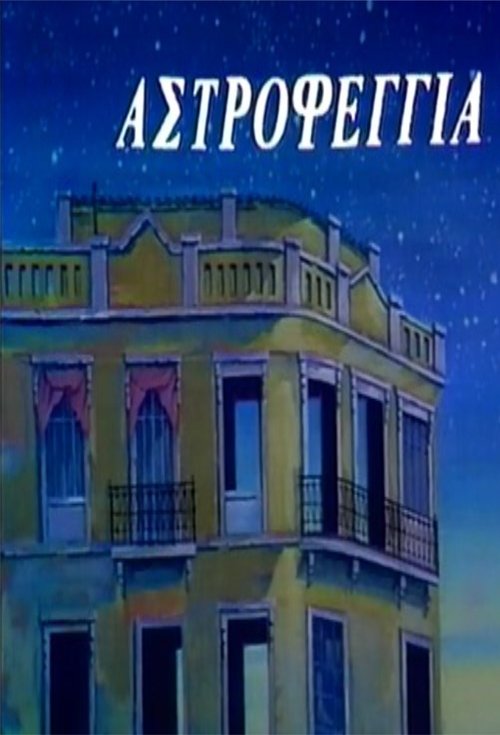
Αστροφεγγιά
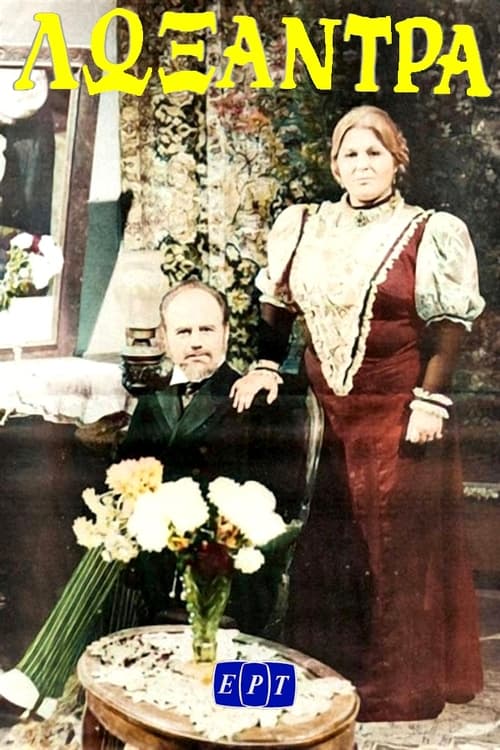
Loxandra
Loxandra is a Greek mother and wife living the ordinary life of a well to-do Greek family in Constantinoupolis of the late 1800s-early 1900s, a world gone forever. Historical events intrude in the background -revolutions, palace coups, massacres, and the great upheavals of WW1 in which Greeks saw their wildest hopes fulfilled, then dashed: for a brief time Constantinoupolis itself was regained, then lost along with all Asia Minor. Through troubles great and small, Loxandra's simple optimism, belief in her Virgin Mary, and love of life carries her family past every difficulty - be it a sumptuous dinner for Easter or secretly giving away her savings to help persecuted Armenians. A representation of a time and place where all neighbors were friends, where they could cook in each other's kitchens or take shelter in each other's cellars.
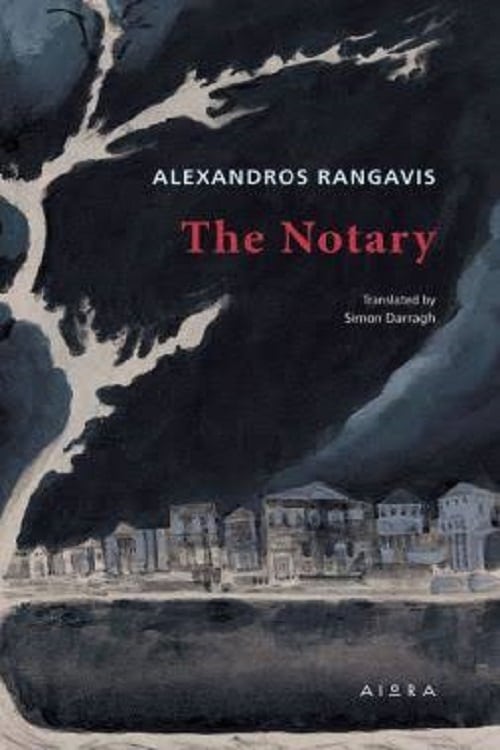
The Notary
 0
0The Teacher with the Golden Eyes
 0
0Λεηλασία μιας ζωής
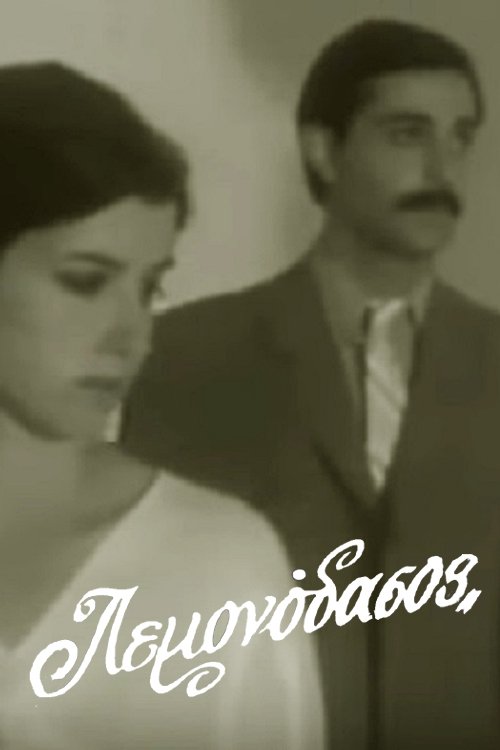 0
0Lemon grove
 0
0Dangerous Exits
 0
0Ο φωτογράφος του χωριού
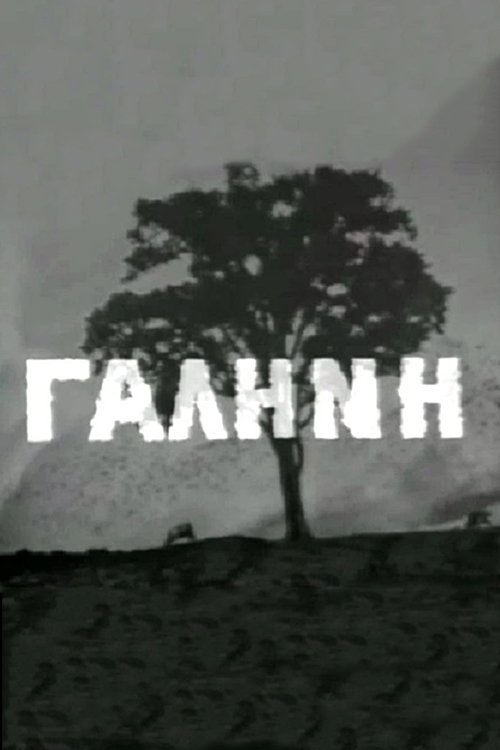
Galini
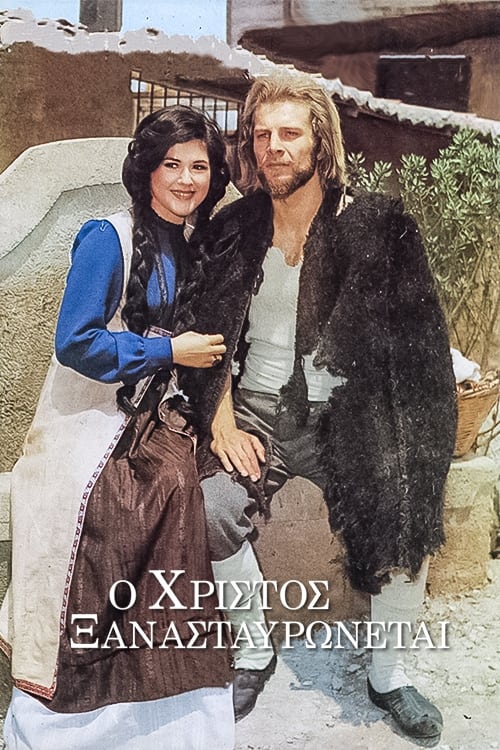
O Hristos xanastavronetai
 0
0Ισιδώρα

Monday's Theater
Greek television series
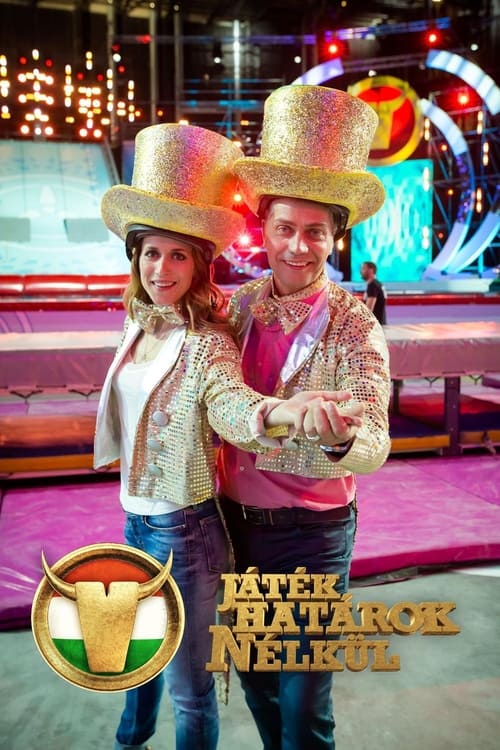
Jeux Sans Frontières
Jeux Sans Frontières was a Europe-wide television game show. In English-speaking countries, the show is also known as It's a Knockout, the title of the BBC's domestic version. In its original conception, it was broadcast from 1965 to 1999 under the auspices of the European Broadcasting Union and featured teams from different European countries in outlandish costumes competing to complete bizarre tasks in funny games. The original series run ended in 1982 but was revived a few years later with a different complexion of nations and hosted by smaller broadcasters. In the United Kingdom, participants came from the heats of It's a Knockout. The original presenter was Mcdonald Hobley, but he stayed for just one season before handing over to Katie Boyle, who in turn was replaced by David Vine and Eddie Waring. It was not until 1971 that the presenter most associated with the role, Stuart Hall, took over presenting the UK heats and also provided the British commentary for the international version along with Waring, who was better known as the BBC's Rugby League commentator. Wales had its own team between 1991 and 1994 and the programme was broadcast on S4C in Welsh by Iestyn Garlick.
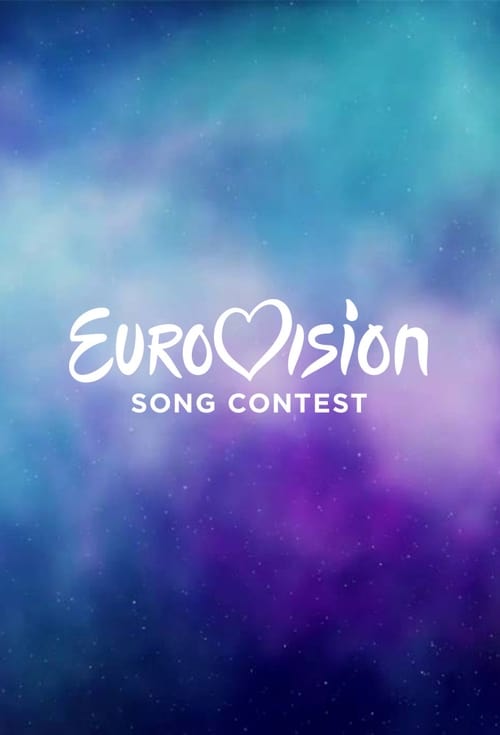
Eurovision Song Contest
The Eurovision Song Contest is an international song competition, organised annually by the European Broadcasting Union (EBU) and featuring participants representing primarily European countries. Each participating country submits an original song to be performed on live television and radio, transmitted to national broadcasters via the EBU's Eurovision and Euroradio networks, with competing countries then casting votes for the other countries' songs to determine the winner.
